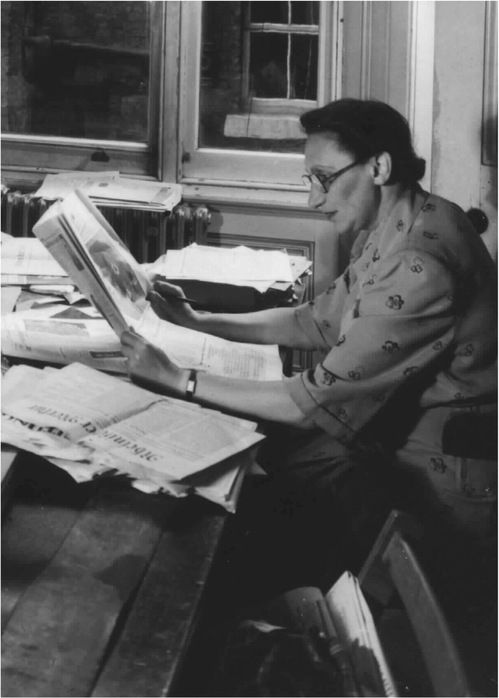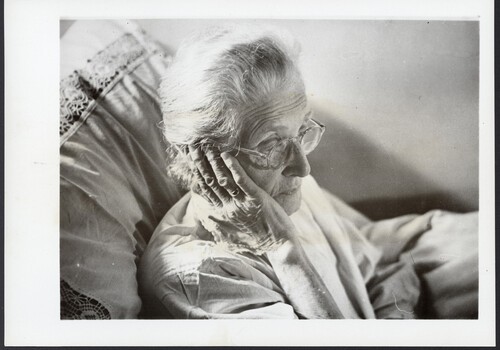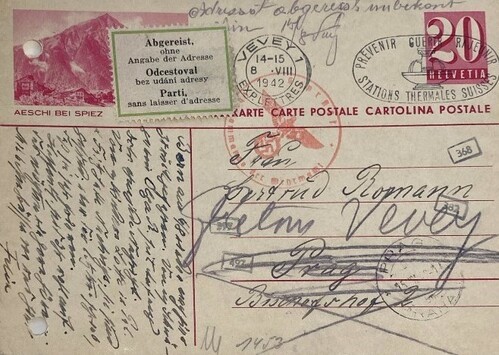Current Projects

"We are All Witnesses": Eva Reichmann and Women in the Holocaust Archive
A history of a collection and the Jewish women and men who created it
I am currently writing a social history and archival biography of a collection of over one thousand survivor accounts recorded by The Wiener Library and led by Eva Reichmann in the 1950s. Newly transformed into a digital archival repository, the collection provides a unique opportunity to examine the ideological impetus behind collecting efforts led by Reichmann and other Jewish refugees and survivors involved in the project, to recover continuities in postwar social networks among survivors and refugees in Britain and abroad, and to examine the collection as a legacy of Reichmann's ideas about Jewish communal defense and memorialization after the Holocaust. It will explore the institutional priorities of the Library as well as the agency of the survivor participants. The book will center the role of women in postwar archives creation and draw out connections between them and the development of emerging narratives about
the Holocaust, exploring the relationship between personal and public memory. Finally, it will also explore how the digital archives of the Library extend and expand the original ideological underpinnings of the archive using technologies unforeseen by the creators. Some of my publications on this project include two blogs for the European Holocaust Research Infrastructure, a chapter titled, “‘We are all Witnesses’: Eva Reichmann and the Wiener Library’s Eyewitness Accounts Collection,” published in Agency and the Holocaust – Essays in Honor of Deborah Dwork (2020), and a chapter (co-authored with Ben Barkow) titled, "Early Holocaust Research, ‘Testimony’ and the Wiener Library" in Crimes Uncovered. The First Generation of Holocaust Researchers, edited by Hans-Christian Jasch, Stephan Lehnstaedt. Metropol, 2019.

